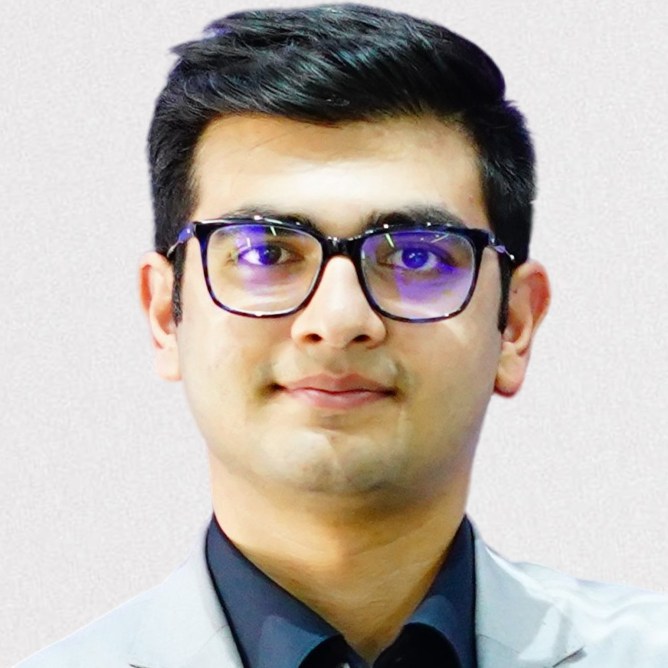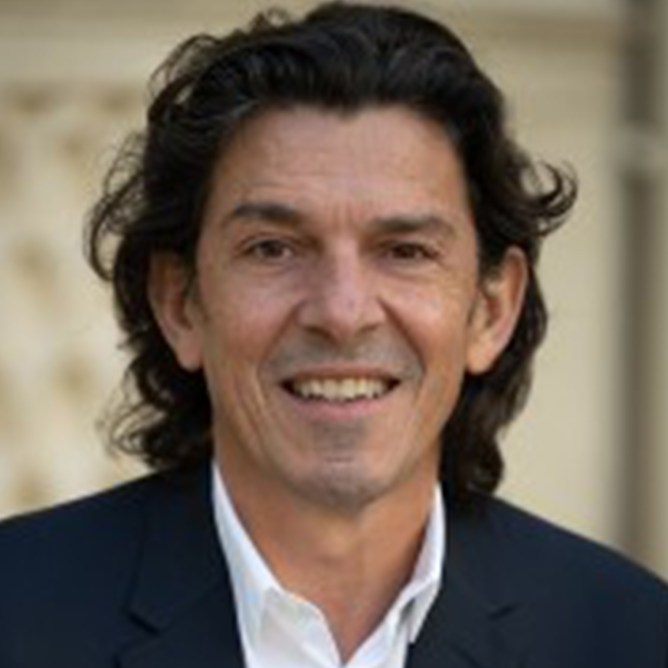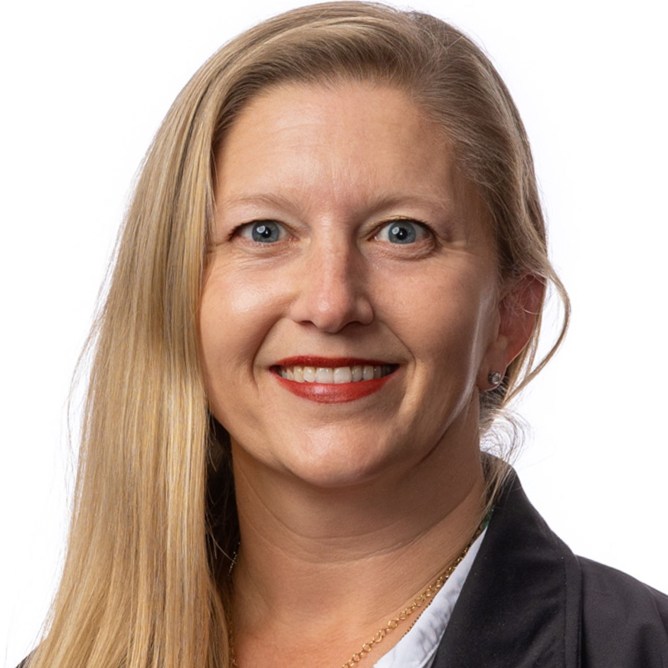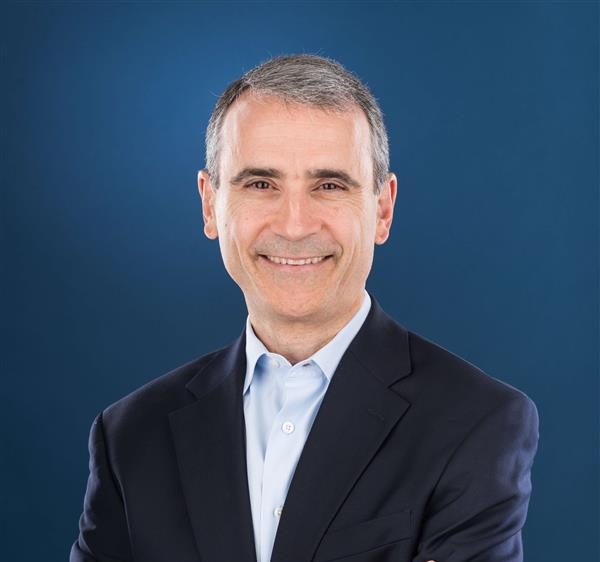Speakers

Co-founder & CEO Pixxel
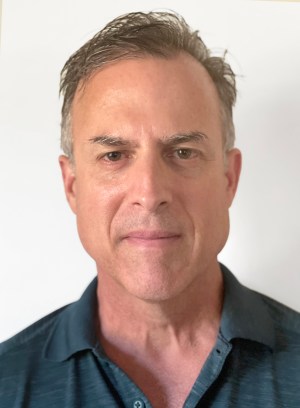
Co-founder & CEO Antaris

General Partner Playground Global

Manager Seraphim Space LLP (UK) & Generation Space LLC (US)
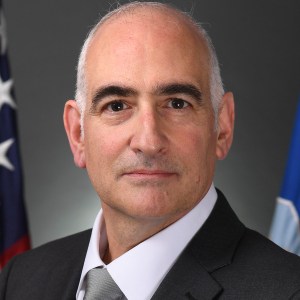
Assistant Secretary Air Force for Space Acquisitions & Integration
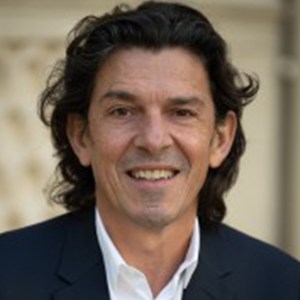
Founder & CEO Starburst Ventures
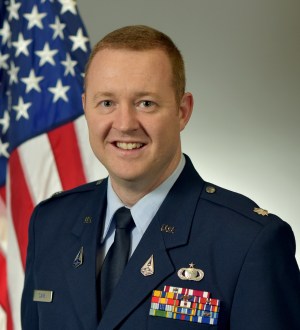
Futures and Innovation Branch Chief of the Assured Access to Space Engineering Division, Space Systems Command US Space Force, Space Systems Command
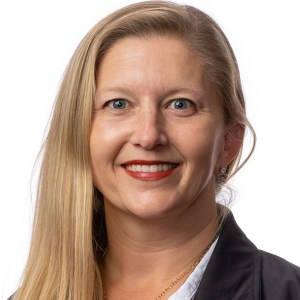
Co-founder & CEO Epsilon3
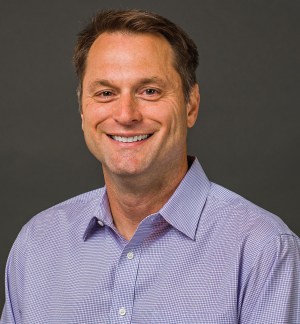
SVP, Strategy, Marketing, and Sales Blue Origin
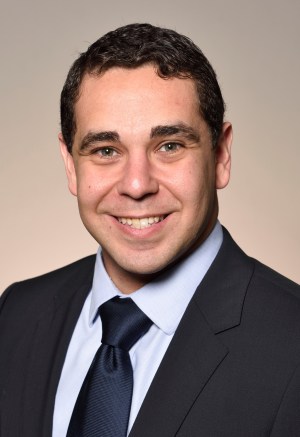
Director of Business Strategy, Orbital Reef Blue Origin

Founder & CEO
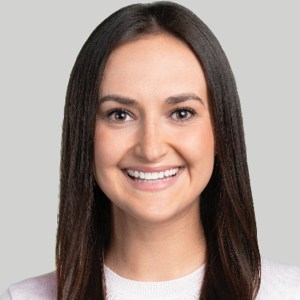
Partner Bessemer Venture Partners
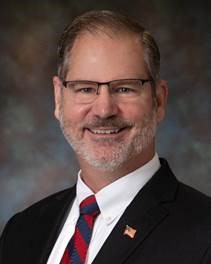
President SpaceLogistics

Principal Root Ventures
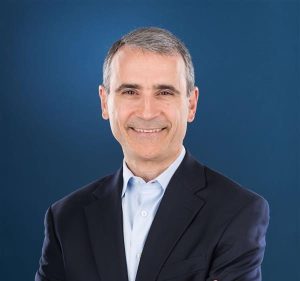
President and CEO The Aerospace Corporation
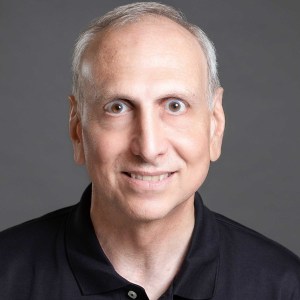
Co-founder & CEO Quantum Space

Vice President, Partnerships Slingshot Aerospace

Chief Technologist, NASA's Science Mission Directorate National Aeronautics & Space Administration
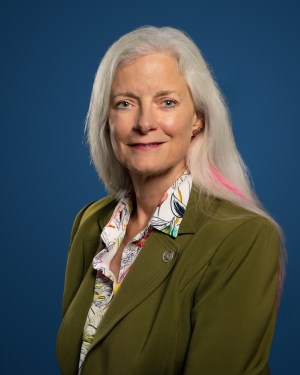
General Manager The Aerospace Corporation
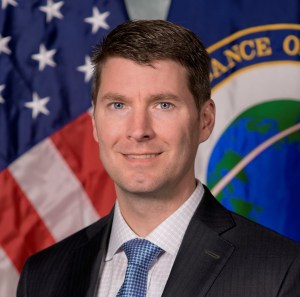
Director, Commercial Systems Program Office National Reconnaissance Office
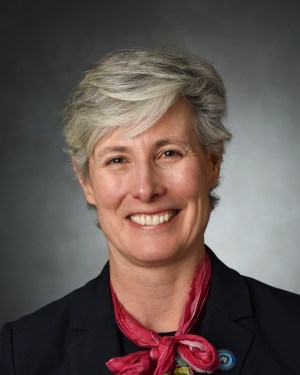
Professor and Head of Aerospace Engineering Pennsylvania State University
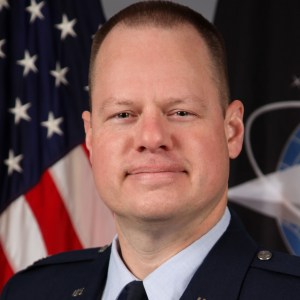
Commander, Innovation & Prototyping Acquisitions Delta USSF Space Systems Command
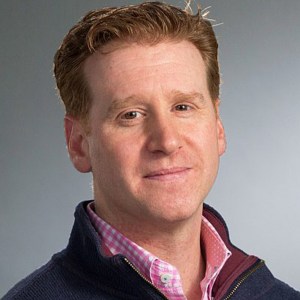
CEO HawkEye 360
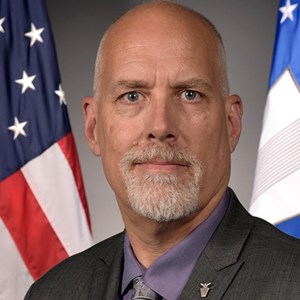
Acting Director of the Capability and Resource Integration Directorate (J8) United States Space Command
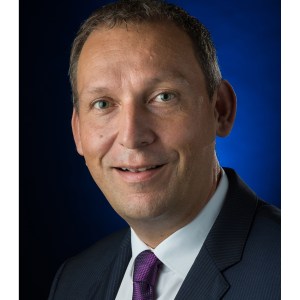
Thomas Zurbuchen NASA
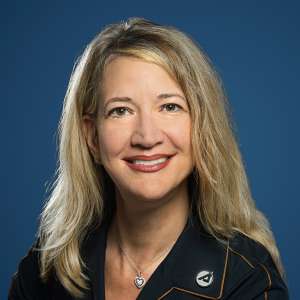
Vice President and CTO The Aerospace Corporation
Awais Ahmed is the CEO and co-founder of Pixxel, the space technology company building a health monitor for the planet. Pixxel uses hyperspectral satellites to detect unseen environmental changes like wildfires, water contamination, pollution, natural gas leakages and more by capturing reflected light in wavelengths that are invisible to human eyes. Awais co-founded Pixxel at just 20-years of age and has since raised over $33M in funding from Lightspeed, Radical Ventures, Accenture Ventures, and Relativity’s Jordan Noone. Under Awais’ leadership, Pixxel launched it’s first satellite in April 2022 and is aiming to have a fully formed satellite constellation in orbit by December 2023.
Awais's Sessions
Striking a Balance in Dual Use
As commercially developed space technology becomes increasingly common in government and defense operations, companies face the question of how closely to embrace that side of the industry. How can startups and growing companies better understand and navigate the complex world of dual use?
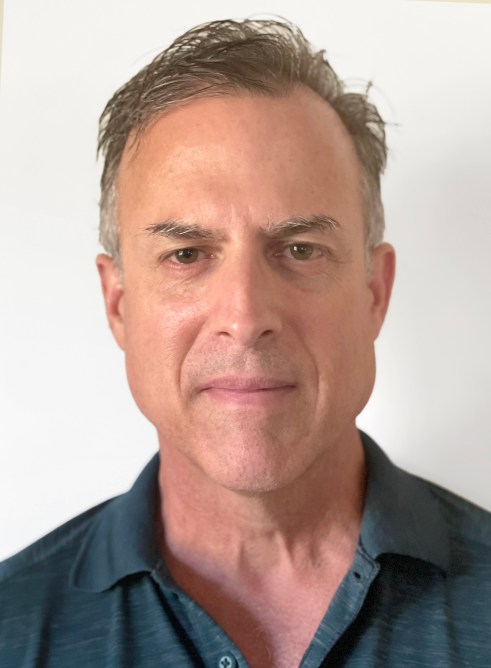
Tom Barton
Co-founder & CEO, AntarisTom Barton is the co-founder and CEO of Antaris, an early-stage satellite software innovator. Tom and team created Antaris in 2021 with a vision to revolutionize Software for Space—including leveraging open APIs and open source to dramatically reduce costs and time-to-orbit for satellites. The company is widely considered a New Space disruptor for the satellite ecosystem and is backed by Lockheed Martin Ventures, Acequia, Possible Ventures and E2MC Tom previously served as COO of satellite leader Planet Labs for three years and was a member of the leadership team responsible for putting the largest imaging satellite constellation in history into orbit. He was also CEO of Diamanti, Rackable Systems and Cygnus Solutions and has held senior leadership roles at Red Hat and Lightspeed Venture Partners. He holds both a B.S. and M.B.A. from Stanford University.
Tom's Sessions
Hardware? What’s That? Why Software Is the Future of the Space Economy
Launch gets all the press, but satellites and the software behind them are the workhorses of space. Hear from two spirited founder/CEOs about how SaaS, open source and cloud-based platforms are revolutionizing the satellite industry and accelerating the space economy. They’ll also share what it’s like to be first-time founders, what it really takes to put good code into space and tips for fellow spacepreneurs.


Playground Global General Partner Jory Bell is tackling some of the most challenging and complex problems in engineered biology and space. Jory is an investor and board member for companies at the edge of frontier technology and innovation in the space, including: Relativity Space, Mangata Networks, Strand Therapeutics, and Ideon. Jory brings a multidisciplinary approach to his work in the aerospace field, identifying opportunities to borrow from other technologies and fields in order to make big leaps. He holds three undergraduate degrees in architecture, literature, and earth atmosphere and planetary studies from MIT, and worked as a researcher at the MIT/Wood Hole Oceanographic Institute climate change program where he designed, built, and deployed autonomous deep sea robotics. He then spent six years at Apple as a laptop designer, before founding OQO, a computer hardware and software manufacturer known for having created the world’s smallest Windows PC.
Jory's Sessions
Backing Big Bets in Uncertain Times
With VC spend cool in general, and particularly when it comes to space-related startups, what are the current priorities of investors who have backed space startups in the past? If we’re settling in for a relatively long economic downturn, what should startups expect from private space capital looking ahead to 2023?

Mark Boggett
Manager, Seraphim Space LLP (UK) & Generation Space LLC (US)Mark Boggett is the CEO and co-founder of the Seraphim Space Manager LLP, the world’s first listed fund focused on space tech.
Mark's Sessions
Backing Big Bets in Uncertain Times
With VC spend cool in general, and particularly when it comes to space-related startups, what are the current priorities of investors who have backed space startups in the past? If we’re settling in for a relatively long economic downturn, what should startups expect from private space capital looking ahead to 2023?
TechCrunch Space Pitch off
The industry’s brightest entrepreneurs will take the stage in front of a live audience and a panel of industry experts, pitching revolutionary technologies.
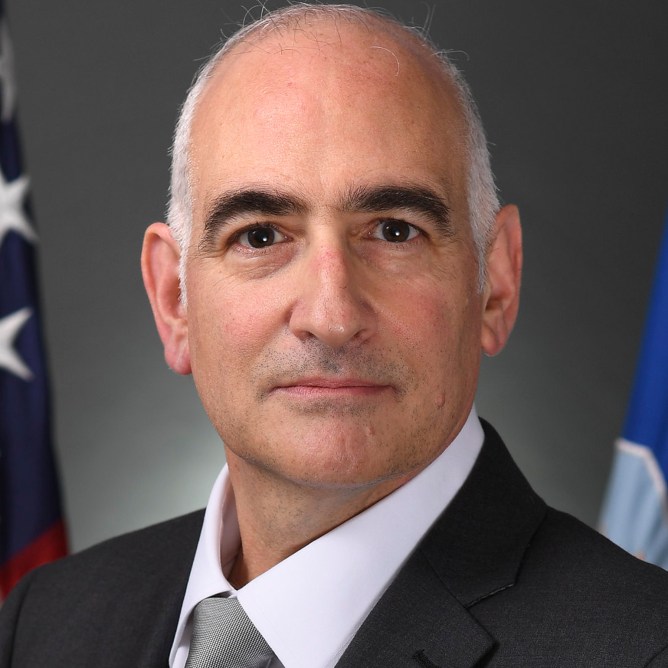
Frank Calvelli is the Assistant Secretary of the Air Force for Space Acquisitions and Integration. He is responsible for all architecture and integration with respect to acquisition of space systems and programs in the armed forces, chairing the Space Acquisition Council, and overseeing and directing the space acquisition centers in the Department of the Air Force. He also serves as the DAF Service Acquisition Executive for Space Systems and Programs. Mr. Calvelli has more than 34 years of experience in national security space acquisitions, operations, and leadership in the National Reconnaissance Office and the Central Intelligence Agency. He has held a variety of senior positions including satellite and ground system acquisitions, systems engineering, and mission operations. Prior to joining the Department of the Air Force, Mr. Calvelli served for eight years as the Principal Deputy Director of the National Reconnaissance Office where he managed the day-to-day operations of the 3,500+ person Intelligence Community agency.
Frank's Sessions
Going Fast in Space Acquisition
The commercial space sector has succeeded in driving down the cost of space-based technology while massively increasing its capabilities. The U.S. defense apparatus has traditionally favored legacy industry partners, but it’s shown a growing interest in turning to startups and new space companies to secure the space domain for the U.S. and its allies, and we’ll hear why and how from Assistant Secretary of the Air Force for Space Acquisitions and Integration Frank Calvelli .
Francois Chopard is Founder and CEO of the Starburst Accelerator.
Francois's Sessions
How to Build Strong Space Startups in a Downturn
Space startups already face a belief that their time horizons are longer than your average VC investment standards, but that perception is made more challenging when economic headwinds are unfavorable. So how should startups think about building resilience in tough times?
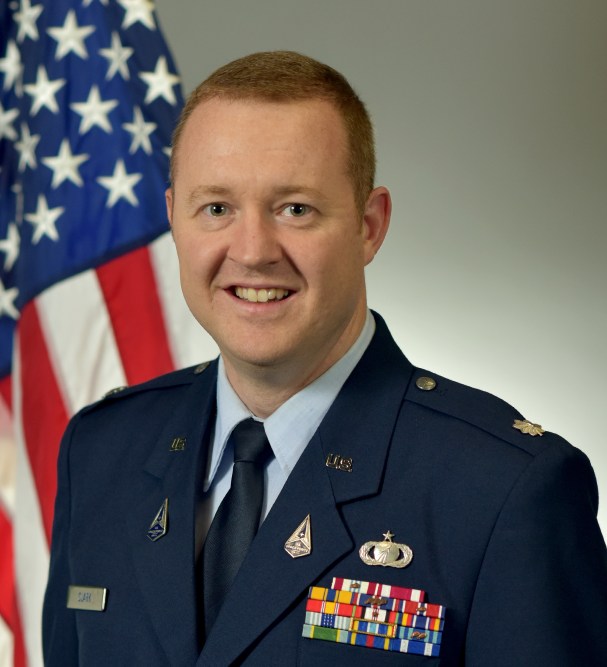
Lieutenant Colonel Frank T. Clark
Futures and Innovation Branch Chief of the Assured Access to Space Engineering Division, Space Systems Command, US Space Force, Space Systems CommandLt Col Frank T. Clark serves as the Futures and Innovation Branch Chief of the Assured Access to Space Engineering Division, Space Systems Command, Los Angeles Air Force Base, Ca. His responsibilities include developing technology needs for Space Access Mobility and Logistics, concept development of Space Mobility and Logistics, AATS Digital Engineering transformational efforts, and support to the AFRL Rocket Cargo Vanguard program. Lt Col Clark also serves as the USSF Chief of the Blue Origin New Glen Launch System New Entrant Certification Team. Lt Col. Clark was commissioned through the ROTC program at the University of Virginia in 2007. Through his career, he has served in a wide variety of acquisition, engineering and test & evaluation positions within the Air Force and Space Force in additional to being deployed with the Combined Joint Special Operations Task Force – Afghanistan. His previous roles include Developmental Flight Test Engineer, Requirements Manager, Spectrum Manager, Operational Analyst, Flight Commander, and Assistant Director of Operations.
Lieutenant Colonel Frank T.'s Sessions
ISAM: A Commercial Linchpin for the New Space Economy @ Seminar Room on 2nd Floor
Large-scale commercial investments will dominate the next wave of space innovation, including commercial space stations in low Earth orbit (LEO) and technologies that will enable a permanent human presence on the moon. The United States has issued national policy for developing In-Space Servicing, Assembly, and Manufacturing (ISAM) capabilities that can operationally sustain the new space economy with efficiency and scale. This session encourages participants to roll up their sleeves, break past the 411 on ISAM and get practical on how to stimulate ISAM capability development.

Laura is the CEO and Co-Founder of Epsilon3. Among the initial members of the operations team for SpaceX’s Dragon spacecraft, she helped put the US back in the human space flight business. Laura wants to continue to revolutionize the space industry, beginning with operational tools.
Laura's Sessions
Hardware? What’s That? Why Software Is the Future of the Space Economy
Launch gets all the press, but satellites and the software behind them are the workhorses of space. Hear from two spirited founder/CEOs about how SaaS, open source and cloud-based platforms are revolutionizing the satellite industry and accelerating the space economy. They’ll also share what it’s like to be first-time founders, what it really takes to put good code into space and tips for fellow spacepreneurs.

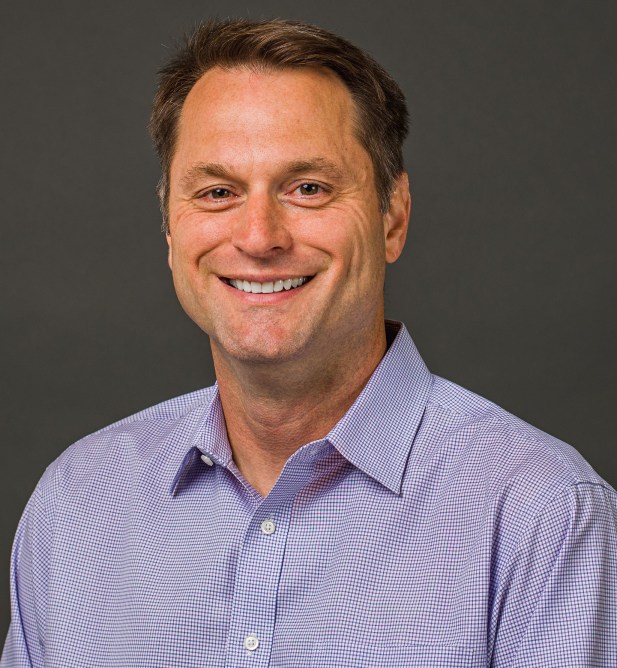
Michael Edmonds is the SVP, Strategy, Marketing, and Sales at Blue Origin, a private space company working to radically lower the cost of access to space, utilize in-space resources, and inspire future generations for the benefit of Earth. In this role, Michael leads the Government Relations, Communications, Sales, Strategy, Astronaut Experience, and Corporate Development functions. Michael is also the President of Blue Origin’s nonprofit, Club for the Future, whose mission is to engage and inspire students to pursue STEAM careers. Michael joined Blue Origin in 2018 after working at Honeywell for 18 years, where he most recently served as President of the Aerospace Services & Connectivity Business. At Honeywell, Michael held roles across multiple functions in the United States and abroad, including General Management, Supply Chain, Operations, Finance, Marketing, Customer Experience, and Business Development. Michael has a bachelor’s degree in psychology from Illinois State University and earned his Master of Business Administration from the University of Illinois.
Michael Patrick's Sessions
Space Workforce 2030: Inspiring, Preparing and Employing the Next Generation
The dawning space age offers enormous opportunities to explore new frontiers, grow the economy on orbit and strengthen our security. Making the most of this momentous time calls for an innovative workforce that can leverage diverse experiences and perspectives to solve the hard problems we’ll encounter. The Space Workforce 2030 pledge is a first-of-its-kind effort launched earlier this year that is bringing together more than 30 of the country’s leading space companies to work collaboratively to increase diversity across our industry to build a vibrant workforce for the future. Hear from space leaders about the work they’re doing to inspire, prepare and employ the next generation of scientists and engineers and how you can play a part in supporting this vital mission.

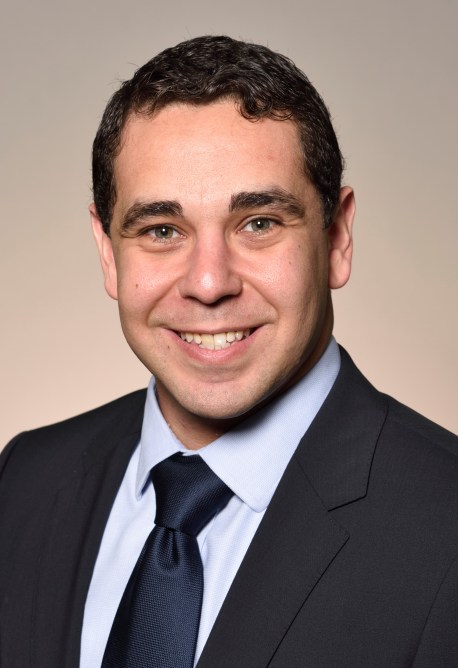
Shahir Gerges
Director of Business Strategy, Orbital Reef, Blue OriginShahir Gerges is Director of Business Strategy for Orbital Reef, within Blue Origin. Orbital Reel will be the premier mixed-use space station in low Earth orbit for commerce, research, and tourism by the end of this decade. With a focus on long-term financial sustainability for Orbital Reef, Shahir is developing new offerings to cultivate growth in new and emerging markets that would benefit from the on-orbit environment, including microgravity. Previously, Shahir worked as a strategy consulting at PricewaterhouseCoopers (PwC), where he advised industrial companies (including aerospace and defense) on market strategy decisions, internal operations strategy, and multiple deal due diligences. Shahir started his career at United Launch Alliance (ULA) working in various engineering roles as well as strategy and supporting government affairs. Shahir holds a bachelor’s degree in Aerospace Engineering from Illinois Institute of Technology and an MBA from Georgetown University.
Shahir's Sessions
Growing the LEO Economy on Orbital Reef
As we look to commercial successors to ISS, we see new commercial market opportunities emerging on low Earth orbit (LEO) Destinations. Join us to learn more about how Orbital Reef, a commercial LEO destination ecosystem, is creating new opportunities in space and helping startups accelerate their businesses through Reef Starter, Orbital Reef’s newest initiative to lower barriers of entry to space for early stage companies. Hear about the first set of startups to win the Reef Starter Innovation Challenge and learn how to get involved in the future.

Inspired by Star Wars as a child, Takeshi Hakamada set out to pursue a life focused on space exploration. He went on to earn a Master’s degree in Aerospace Engineering from Georgia Tech, where he was involved in the conceptual design of next-generation aerospace systems. Starting in 2010, while working for a management consulting firm, he worked part-time to lead the Japanese team, HAKUTO, one of the finalists for the Google Lunar XPRIZE competition, and changed the team’s management to ispace, inc. As Founder & CEO of ispace, Takeshi has raised record fundraising for the company and is now leading a multinational commercial lunar exploration program, known as HAKUTO-R. An active proponent for the commercial space industry, Takeshi is guiding ispace to continuously challenge itself to enable humans to establish a sustainable ecosystem between the Earth and the Moon by unlocking the utilization of space resources.
Takeshi's Sessions
Building Out Commercial Operations in Orbit
A new crop of companies are working on establishing permanent commercial operations in orbit and on the moon. But they likely won’t be able to do it without partnerships with government and defense. We’ll talk to leaders from Quantum Space, ispace and the United States Space Force about how these partnerships can foster a thriving orbital economy.
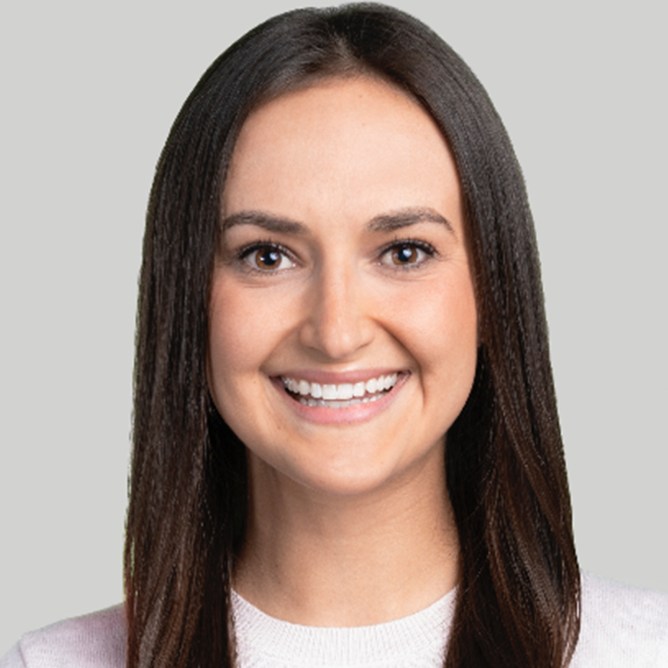
Tess Hatch hopes to travel to space. In the meantime, she is a venture investor at Bessemer Venture Partners who invests in frontier tech.
Tess's Sessions
How to Build Strong Space Startups in a Downturn
Space startups already face a belief that their time horizons are longer than your average VC investment standards, but that perception is made more challenging when economic headwinds are unfavorable. So how should startups think about building resilience in tough times?
TechCrunch Space Pitch off
The industry’s brightest entrepreneurs will take the stage in front of a live audience and a panel of industry experts, pitching revolutionary technologies.
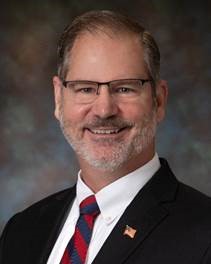
Robert Hauge is president of SpaceLogistics, a Northrop Grumman company. In this role, Hauge leads the development of current and next-generation on-orbit satellite servicing products for government and commercial customers. Prior to this appointment, Hauge served as strategy director for Space Mobility and Logistics for Northrop Grumman Space Systems. Previous to joining Northrop Grumman, Hauge served for nearly thirty years in various roles across the department of defense and intelligence community including as a senior intelligence service officer, ground station commander, program manager with the Defense Advanced Research Projects Agency and as an Air Force officer. Hauge holds a bachelor’s degree in electrical engineering from the University of Massachusetts and a master’s degree in electrical engineering from the University of Michigan.
Robert's Sessions
ISAM: A Commercial Linchpin for the New Space Economy @ Seminar Room on 2nd Floor
Large-scale commercial investments will dominate the next wave of space innovation, including commercial space stations in low Earth orbit (LEO) and technologies that will enable a permanent human presence on the moon. The United States has issued national policy for developing In-Space Servicing, Assembly, and Manufacturing (ISAM) capabilities that can operationally sustain the new space economy with efficiency and scale. This session encourages participants to roll up their sleeves, break past the 411 on ISAM and get practical on how to stimulate ISAM capability development.

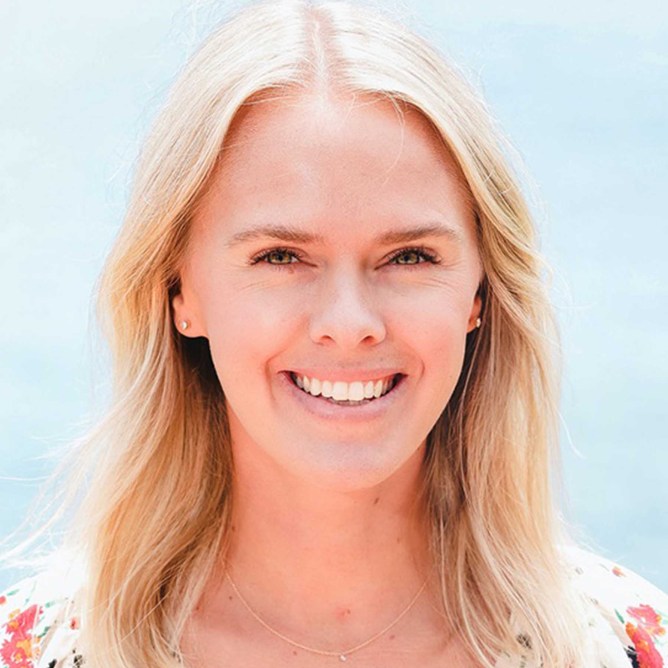
Emily invests in pre-seed and seed stage hard tech companies at Root Ventures. Prior to Root, Emily designed flight hardware for the SpaceX Falcon and supervised vehicle build for schedule-critical missions. She also worked on Model 3 battery module prototyping at Tesla. Emily holds MS and BS degrees in Mechanical Engineering from Stanford where she was a captain for the Division I Women’s Field Hockey Team. She also holds an MBA from Harvard Business School.
Emily's Sessions
Backing Big Bets in Uncertain Times
With VC spend cool in general, and particularly when it comes to space-related startups, what are the current priorities of investors who have backed space startups in the past? If we’re settling in for a relatively long economic downturn, what should startups expect from private space capital looking ahead to 2023?
TechCrunch Space Pitch off
The industry’s brightest entrepreneurs will take the stage in front of a live audience and a panel of industry experts, pitching revolutionary technologies.
Steve Isakowitz is a recognized leader across the government, commercial, space and technology sectors, who has worked tirelessly throughout his career on behalf of the public good in space. He currently serves as the President and CEO of The Aerospace Corporation, a leading architect for the nation’s space programs, where he heads up efforts to outpace threats to the country’s national security while nurturing the innovative technologies needed to further a new era of space commercialization and exploration. With his guidance, Aerospace’s national workforce of more than 4,600 employees provides objective technical expertise and thought leadership to solve the hardest problems in space and assure mission success for space systems and space vehicles. He is also a driving force behind Space Workforce 2030, a collaborative effort launched in 2022 bringing together nearly 30 companies to advance diversity and representation across the space industry. Over the course of his more than 30-year career, Isakowitz has made impactful contributions across a number of prominent roles, including at Virgin Galactic, NASA, the U.S. Department of Energy, and the White House Office of Management and Budget.
Steve's Sessions
Space Workforce 2030: Inspiring, Preparing and Employing the Next Generation
The dawning space age offers enormous opportunities to explore new frontiers, grow the economy on orbit and strengthen our security. Making the most of this momentous time calls for an innovative workforce that can leverage diverse experiences and perspectives to solve the hard problems we’ll encounter. The Space Workforce 2030 pledge is a first-of-its-kind effort launched earlier this year that is bringing together more than 30 of the country’s leading space companies to work collaboratively to increase diversity across our industry to build a vibrant workforce for the future. Hear from space leaders about the work they’re doing to inspire, prepare and employ the next generation of scientists and engineers and how you can play a part in supporting this vital mission.

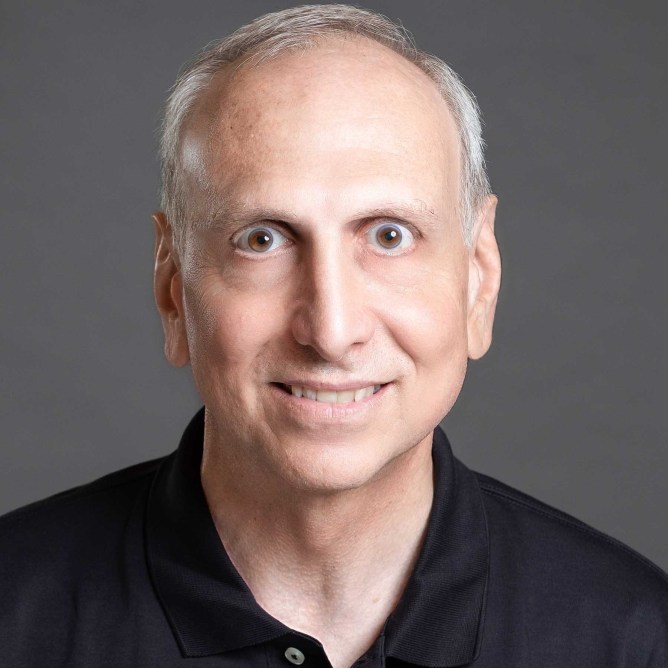
Steve Jurczyk is currently the Co-Founder and CEO of Quantum Space, a space infrastructure and services company aimed at revolutionizing the way satellites operate in and travel through space beyond Earth orbit. Mr. Jurczyk was NASA’s associate administrator, the agency’s highest-ranking civil servant, from May 2018 to May 2021. He also served as acting NASA administrator from January 20 to May 3, 2021. Before that assignment he had been the associate administrator of the Space Technology Mission Directorate since June 2015. In this position he formulated and executed the agency’s space technology programs, focusing on developing and demonstrating transformative technologies for human and robotic exploration of the solar system in partnership with industry and academia. He previously was director of NASA’s Langley Research Center in Hampton, Virginia. Named to this position in May 2014, he headed NASA’s first field Center, which plays a critical role in NASA’s aeronautics research, exploration and science missions. Jurczyk served as Langley’s deputy center director from August 2006 until his appointment as director. Jurczyk began his NASA career in 1988 at Langley in the Electronic Systems Branch as a design, integration and test engineer developing several space-based Earth remote sensing systems. From 2002 to 2004 Jurczyk was director of engineering, and from 2004 to 2006 he was director of research and technology at Langley, where he led the organization’s contributions to a broad range of research, technology and engineering disciplines in all NASA mission areas. Jurczyk has received several awards during his NASA career, including two Outstanding Leadership Medals, the Distinguished Service Medal, the Presidential Rank Award for Meritorious Executive in 2006, and the Presidential Rank Award for Distinguished Executive in 2016 — the highest honors attainable for federal government leadership. Jurczyk is a graduate of the University of Virginia, from which he received Bachelor of Science and Master of Science degrees in Electrical Engineering in 1984 and 1986. He is an associate fellow of the American Institute of Aeronautics and Astronautics.
Steve's Sessions
Building Out Commercial Operations in Orbit
A new crop of companies are working on establishing permanent commercial operations in orbit and on the moon. But they likely won’t be able to do it without partnerships with government and defense. We’ll talk to leaders from Quantum Space, ispace and the United States Space Force about how these partnerships can foster a thriving orbital economy.

Charlie McGillis has more than 30 years of defense and executive leadership experience. She served over twenty-six years in the United States Air Force as an Intelligence Officer, retiring in June 2014, at the rank of Colonel. Following retirement, she served as a Commercial Integration Cell Consultant, representing Commercial Satellite Operators to facilitate better coordination and information sharing with the United States Government. Ms. McGillis received her Bachelor of Science Degree in Industrial Engineering from the Georgia Institute of Technology and also earned three post graduate degrees. Ms. McGillis is a member of the IAA committee on Space Traffic Management. She is also a champion for STEM initiatives for girls as a member of AstraFemina and teaches at two summer camps sponsored by American Association of University Women. She was also selected into the first cohort to support the SpaceHero Insider Program, a global community to advance space for humankind.
Charlie's Sessions
Bringing it to the Space Warfighting Domain @ Seminar Room on 2nd Floor
Space is playing an ever-greater role in modern warfare and our broader national security. But delivering those critical space-based capabilities to warfighters and other end-users is just one step in the increasingly complex mission lifecycle. From how to incorporate the latest innovations to what role commercial capabilities can play, the way our nation’s space programs acquire, deploy and operate next-generation systems is undergoing profound shifts. Hear from space leaders about how these pieces fit together to deliver needed capabilities and the opportunities to drive greater integration for the benefit of all.

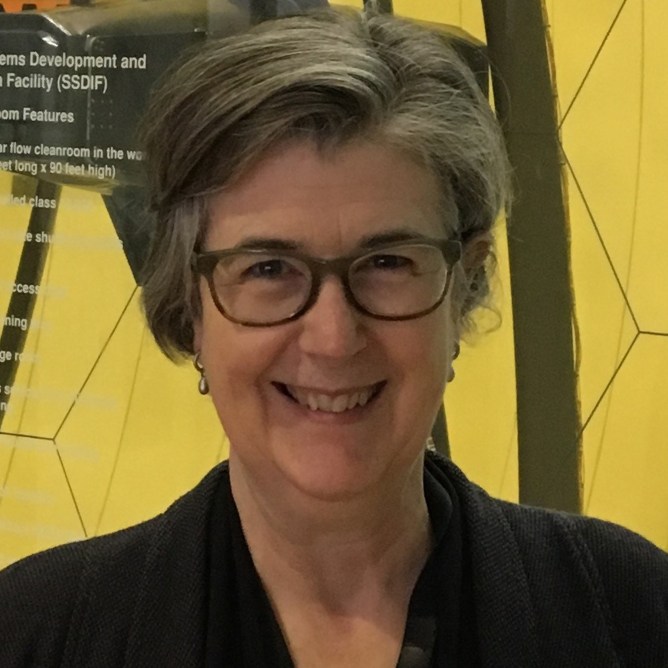
Carolyn Mercer
Chief Technologist, NASA's Science Mission Directorate, National Aeronautics & Space AdministrationDr. Carolyn Mercer serves as the Chief Technologist for NASA’s Science Mission Directorate where she serves as the focal point for the development of innovative new technologies that will enable exciting new capabilities for astrophysics, heliophysics, Earth and planetary science, and fundamental physics on the International Space Station. She champions technology needs among senior executives in NASA and advocates within SMD for technological innovation and new paradigms enabled by emerging technologies. Dr. Mercer has managed a broad portfolio of space-related technology development projects, including technologies to explore icy moons, advanced scientific instruments, flexible solar arrays, energy storage systems, and adaptive engine technologies. She began her career as a research engineer developing optical techniques to measure fluid properties in propulsion facilities at the NASA Glenn Research Center and supervised a highly skilled group of scientists and engineers developing similar technologies. She holds two patents in optical instrumentation and has received numerous awards including the Rotary National Award for Space Achievement, NASA Glenn Outstanding Leadership Award, and NASA Exceptional Engineering Achievement Medal.
Carolyn's Sessions
ISAM: A Commercial Linchpin for the New Space Economy @ Seminar Room on 2nd Floor
Large-scale commercial investments will dominate the next wave of space innovation, including commercial space stations in low Earth orbit (LEO) and technologies that will enable a permanent human presence on the moon. The United States has issued national policy for developing In-Space Servicing, Assembly, and Manufacturing (ISAM) capabilities that can operationally sustain the new space economy with efficiency and scale. This session encourages participants to roll up their sleeves, break past the 411 on ISAM and get practical on how to stimulate ISAM capability development.

Gearing Up the Next Generation of Scientists, Explorers and Robots
As Chief Technologist of NASA’s Science Mission Directorate, Carolyn Mercer has her finger on the pulse across countless projects to explore and understand our planet and solar system. As priorities and methods shift in the Artemis era, Mercer can speak to how tech helps us move forward, and what NASA’s unique insights and well of talent can put it to use.
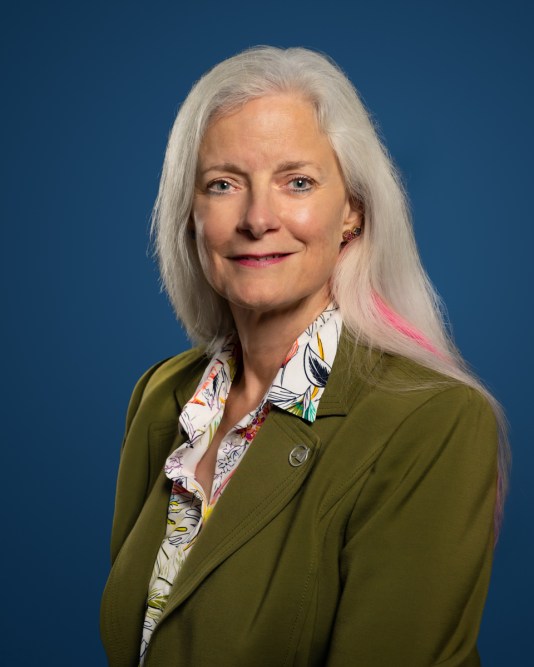
Jean L. Michael is the general manager, Space Enterprise and Warfighting Division, Strategic Space Operations at The Aerospace Corporation where she is responsible for Aerospace technical support to the United States Space Force Headquarters, Space Warfighting Analysis Center, Space Operations Command, Space Training and Readiness Command, the Space Security and Defense Program (SSDP), United States Space Command, and the Department of the Air Force Rapid Capabilities Office. Michael holds a bachelor’s degree in physics from the University of Oregon, and a master’s degree in aeronautics and astronautics from the University of Washington.
Jean L.'s Sessions
Bringing it to the Space Warfighting Domain @ Seminar Room on 2nd Floor
Space is playing an ever-greater role in modern warfare and our broader national security. But delivering those critical space-based capabilities to warfighters and other end-users is just one step in the increasingly complex mission lifecycle. From how to incorporate the latest innovations to what role commercial capabilities can play, the way our nation’s space programs acquire, deploy and operate next-generation systems is undergoing profound shifts. Hear from space leaders about how these pieces fit together to deliver needed capabilities and the opportunities to drive greater integration for the benefit of all.

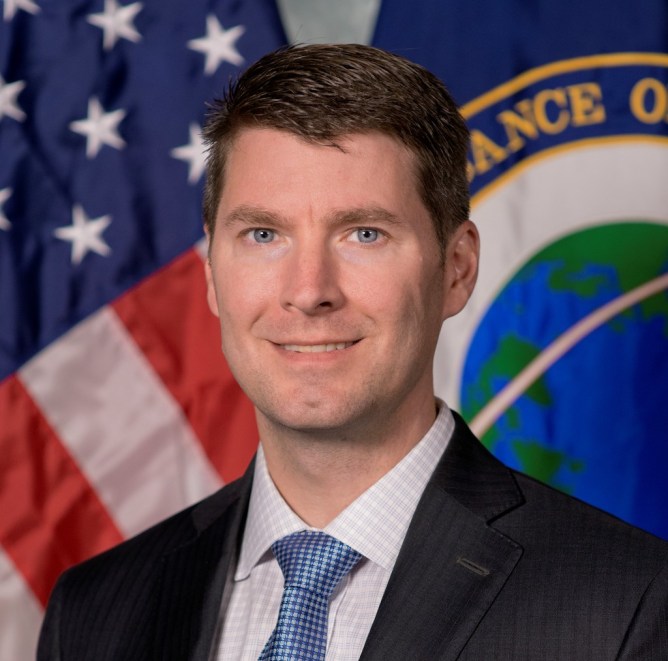
Mr. Pete Muend is the Director of the National Reconnaissance Office’s Commercial Systems Program Office (CSPO) where he leads the NRO’s strategy for full integration of multiple commercial imagery sources. Prior to establishing CSPO, Mr. Muend served as the NRO’s director for the Commercial GEOINT Activity (CGA), a joint initiative between the NRO and the National Geospatial-Intelligence Agency (NGA) established to position both agencies to take full advantage of existing and emerging commercial GEOINT capabilities. Prior to CGA, Mr. Muend was the Assistant Deputy Director of the National Intelligence for Acquisition where he was responsible for overseeing Major Systems Acquisitions across the Intelligence Community. Mr. Muend also served as the NRO Chief of Staff and in a number of other positions within the NRO and Office of the Under Secretary of Defense for Intelligence.
Pete's Sessions
Bringing it to the Space Warfighting Domain @ Seminar Room on 2nd Floor
Space is playing an ever-greater role in modern warfare and our broader national security. But delivering those critical space-based capabilities to warfighters and other end-users is just one step in the increasingly complex mission lifecycle. From how to incorporate the latest innovations to what role commercial capabilities can play, the way our nation’s space programs acquire, deploy and operate next-generation systems is undergoing profound shifts. Hear from space leaders about how these pieces fit together to deliver needed capabilities and the opportunities to drive greater integration for the benefit of all.

Striking a Balance in Dual Use
As commercially developed space technology becomes increasingly common in government and defense operations, companies face the question of how closely to embrace that side of the industry. How can startups and growing companies better understand and navigate the complex world of dual use?
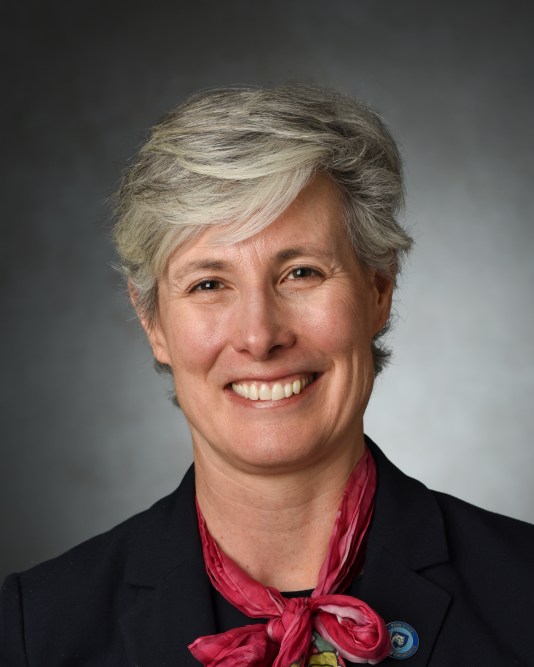
Amy R. Pritchett is a professor and head of the Department of Aerospace Engineering at the Pennsylvania State University. Previously, Dr. Pritchett was on the faculty at Georgia Tech, and she also served via an IPA as the Director of NASA’s Aviation Safety Program. Her research focuses on the intersection of technology, expert human performance and aerospace operations, with a particular focus on designing to support safety. She has received the AIAA Lawrence Sperry Award, the RTCA William Jackson Award and, as a member of the Executive Committee of the Commercial Aviation Safety Team, the 2008 Collier Trophy. She earned her Sc.D., S.M. and S.B. in Aeronautics and Astronautics from the Massachusetts Institute of Technology. She is currently chairing the National Academies committee on emerging trends in aviation safety. She also serves as a technical consultant on aircraft accident litigation.
Amy R.'s Sessions
Space Workforce 2030: Inspiring, Preparing and Employing the Next Generation
The dawning space age offers enormous opportunities to explore new frontiers, grow the economy on orbit and strengthen our security. Making the most of this momentous time calls for an innovative workforce that can leverage diverse experiences and perspectives to solve the hard problems we’ll encounter. The Space Workforce 2030 pledge is a first-of-its-kind effort launched earlier this year that is bringing together more than 30 of the country’s leading space companies to work collaboratively to increase diversity across our industry to build a vibrant workforce for the future. Hear from space leaders about the work they’re doing to inspire, prepare and employ the next generation of scientists and engineers and how you can play a part in supporting this vital mission.

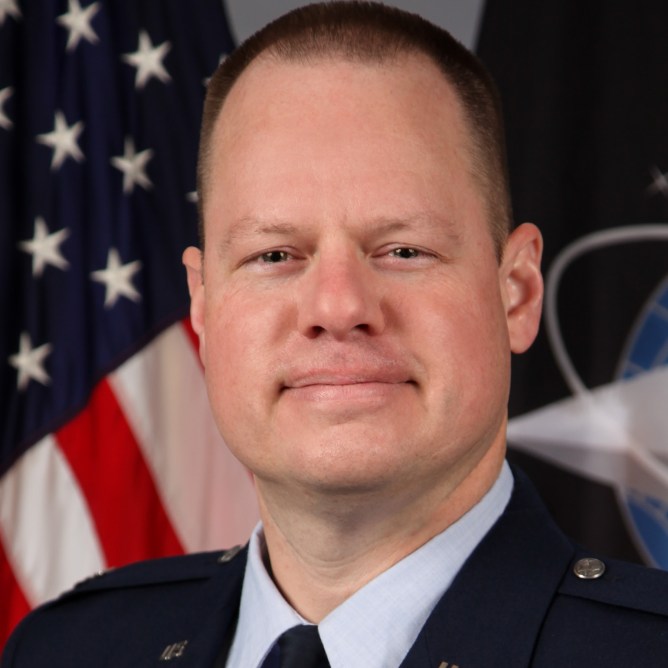
Col. Joseph Roth
Commander, Innovation & Prototyping Acquisitions Delta, USSF Space Systems CommandColonel Joseph J. Roth serves as Director, Innovation and Prototyping Acquisition Delta and Commander, Space Systems Center, Detachment 1, Kirtland Air Force Base, N.M. Colonel Roth leads a combined team of 740+ military, government civilians, and contractors at four geographically separated units and manages a $3.8B portfolio to rapidly transition and deliver war winning space concepts, technologies, and capabilities to the United States Space Force and mission partners across the National Security Space community. The Directorate conducts test and experimentation, prototyping, demonstrations, and operations of innovative space systems and technology for the Space Systems Center. The Directorate also executes the Space Test Program on behalf of the Department of Defense. Colonel Roth has served in a variety of operations, acquisition, staff, and command assignments at many levels across the Air Force and Department of Defense. He has served as Minuteman III ICBM Combat Crew Commander, Instructor, and Evaluator; an Acquisition Program Manager at the Aeronautical Systems Center and the National Reconnaissance Office; a Branch Chief on the Joint Chiefs of Staff and Headquarters Air Force; an Executive Officer at Headquarters Air Force Materiel Command, an Executive Assistant on the Joint Chiefs of Staff J-5, and commander of the 333d Recruiting Squadron at Patrick AFB, Florida. Prior to his current assignment Colonel Roth was the Chief, Space Electro-Optics Division, Directed Energy Directorate, Air Force Research Laboratory, Kirtland AFB, New Mexico.
Col. Joseph's Sessions
Bringing it to the Space Warfighting Domain @ Seminar Room on 2nd Floor
Space is playing an ever-greater role in modern warfare and our broader national security. But delivering those critical space-based capabilities to warfighters and other end-users is just one step in the increasingly complex mission lifecycle. From how to incorporate the latest innovations to what role commercial capabilities can play, the way our nation’s space programs acquire, deploy and operate next-generation systems is undergoing profound shifts. Hear from space leaders about how these pieces fit together to deliver needed capabilities and the opportunities to drive greater integration for the benefit of all.

Building Out Commercial Operations in Orbit
A new crop of companies are working on establishing permanent commercial operations in orbit and on the moon. But they likely won’t be able to do it without partnerships with government and defense. We’ll talk to leaders from Quantum Space, ispace and the United States Space Force about how these partnerships can foster a thriving orbital economy.
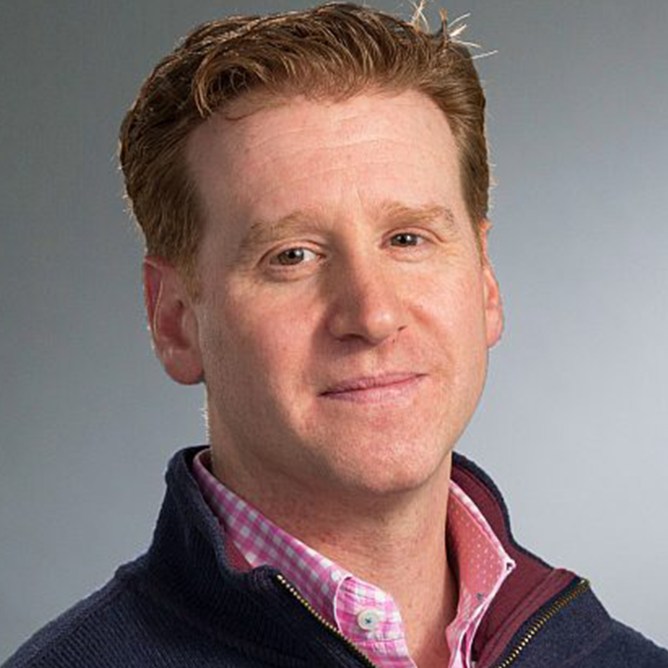
John has over a decade of experience investing in and leading national security oriented technology companies. John is presently the CEO of HawkEye 360, the leading developer of space-based radio frequency (RF) collection, mapping, and analytic capabilities. He previously served as Senior Vice President of Allied Minds where he led the formation, financing, and management of HawkEye 360, along with other Allied Minds companies such as BridgeSat, Federated Wireless, and Percipient Networks (WatchGuard acquired). A former Airborne Ranger-qualified U.S. Army infantry officer, John is a graduate of the US Military Academy, Harvard Business School and the Harvard Kennedy School of Government.
John's Sessions
Exclusive Video from Space Industry for Ukraine
Join us for exclusive video and introduction by CEO of HawkEye 360, John Serafini for a behind the scenes look at the work of Space Industry for Ukraine (SIFU). SIFU was designed to harness the resources and innovation of industry partners to provide immediate humanitarian aid to the people of Ukraine
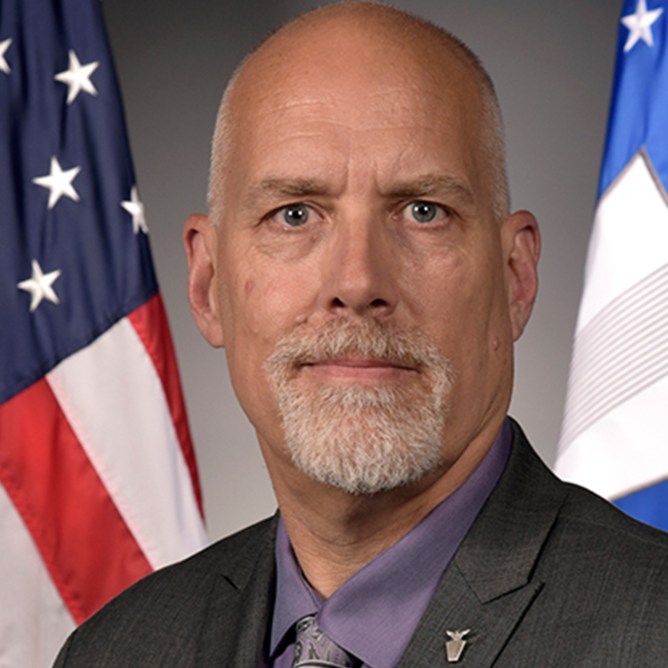
Christopher A. Solee
Acting Director of the Capability and Resource Integration Directorate (J8), United States Space CommandChristopher A. “Chris” Solee is a member of the Senior Executive Service and the Acting Director of the Capability and Resource Integration Directorate (J8), United States Space Command, Peterson Space Force Base, Colorado. He is responsible for establishing the command’s requirements and advocating for the assigned missions of deterring aggression and conflict, protecting and defending U.S. interests in the space domain, delivering space combat power for joint and combined forces, and developing ready and lethal joint warfighters. Prior to his current assignment, Mr. Solee served as the Deputy Division Chief for Resource Integration on the Space Force Staff where he developed the Space Force Future Years Defense Program for the US Space Force. Mr. Solee has also worked in Space programming and Space Operations at Headquarters Air Force, as well as multiple offices at US Strategic Command across a range of missions.
Christopher A.'s Sessions
Bringing it to the Space Warfighting Domain @ Seminar Room on 2nd Floor
Space is playing an ever-greater role in modern warfare and our broader national security. But delivering those critical space-based capabilities to warfighters and other end-users is just one step in the increasingly complex mission lifecycle. From how to incorporate the latest innovations to what role commercial capabilities can play, the way our nation’s space programs acquire, deploy and operate next-generation systems is undergoing profound shifts. Hear from space leaders about how these pieces fit together to deliver needed capabilities and the opportunities to drive greater integration for the benefit of all.

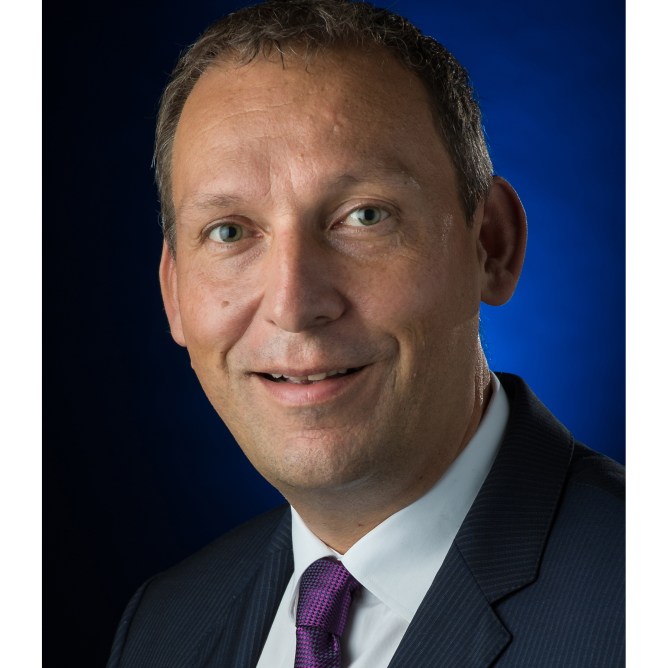
Dr. Thomas Zurbuchen is NASA’s Associate Administrator of Science and in that role is responsible for NASA’s Science program, including Earth Science, Heliophysics, Planetary Science, and Astrophysics with a total budget of approximately $7B/yr. With this program and a diverse set of leaders, he is helping answer some of humanity’s biggest questions: Where did we come from?, Are we alone?, and How does the universe work? Growing up in Switzerland, Dr. Zurbuchen was a keen observer of the natural world from an early age and received a public education with Masters and doctorate of physics degrees from the University of Bern. His science and leadership career focused on solar, heliospheric and planetary instrumentation and data analysis as a professor at the University of Michigan in Ann Arbor, where he taught in Space Science, Aerospace Engineering and Innovation-focused classes. He led several University of Michigan innovation initiatives in both education and research, one of which led to the top-ranked undergraduate entrepreneurship program nationally. He joined NASA in 2016. His honors include induction as a member of the International Academy of Astronautics and the Swiss Academy of Engineering Sciences (SATW), a 2021 Presidential Rank Award, and the 2018 Heinrich-Greinacher prize from the University of Bern. Dr. Zurbuchen engages people worldwide with NASA’s work and the inspiration of science. He can be found on Twitter @Dr_ThomasZ.
Thomas H.'s Sessions
Asking and Answering Humanity's Biggest Questions
After 6 years heading up NASA’s Science Mission Directorate, Thomas Zurbuchen is a familiar face to anyone who has followed the agency’s many interplanetary and orbital missions. Now ready to move on to his next chapter, Zurbuchen will speak to how NASA, its mission, and the science it performs are changing — but more important than ever.
Dr. Debra L. Emmons is vice president and chief technology officer (CTO) at The Aerospace Corporation. In this role, she is responsible for providing vital leadership for determining and executing the company’s technology strategy and investments. Emmons leads four offices: eLab, responsible for setting the technical investment strategy and priorities; xLab, responsible for developing, building, and operating prototypes; Commercial Space Futures (CSF) office, responsible for driving the harnessing of commercial solutions for government missions to advance U.S. space; and the new Solution Accelerator, responsible for delivering independent and innovative solutions with speed and national impact. She also manages the company’s $60M+ internal research and development program and the Aerospace Technical Fellows program, with the company’s top engineers and scientists. Emmons most recently served as chairperson of the CTO Roundtable with federally funded research and development centers (FFRDCs) and university affiliated research centers (UARCs) to develop and maintain relationships with government and other defense-related research laboratories to identify technology priorities, future requirements, and emerging opportunities.
Debra's Sessions
ISAM: A Commercial Linchpin for the New Space Economy @ Seminar Room on 2nd Floor
Large-scale commercial investments will dominate the next wave of space innovation, including commercial space stations in low Earth orbit (LEO) and technologies that will enable a permanent human presence on the moon. The United States has issued national policy for developing In-Space Servicing, Assembly, and Manufacturing (ISAM) capabilities that can operationally sustain the new space economy with efficiency and scale. This session encourages participants to roll up their sleeves, break past the 411 on ISAM and get practical on how to stimulate ISAM capability development.

Get Hot Leads, Real Connections, Maximum Visibility at Disrupt
Put your company front and center for 10,000+ tech leaders and VCs at Disrupt 2025. Only a few exhibit tables left. Claim yours today to capture hot leads, spark real connections, and boost your brand at the heart of San Francisco’s tech scene, October 27–29.
Book before your competitor does!
THIS WEEK ONLY: Founder & Investor Bundle Deals
- Founder Bundles (4–9 passes) save 15% — Only available this week.
- Investor Bundles (4–9 passes) save 20% (up from 15%).
- Act fast — group deals end Oct 3.
Get Hot Leads, Real Connections, Maximum Visibility at Disrupt
Put your company front and center for 10,000+ tech leaders and VCs at Disrupt 2025. Only a few exhibit tables left. Claim yours today to capture hot leads, spark real connections, and boost your brand at the heart of San Francisco’s tech scene, October 27–29.
Book before your competitor does!
Subscribe
Event Updates
Get the latest event announcements, special discounts and other event offers.
Partner with TechCrunch
TechCrunch offers many ways for partners to engage directly with our attendees before, during, and after the event. Get in touch with us to learn more.
